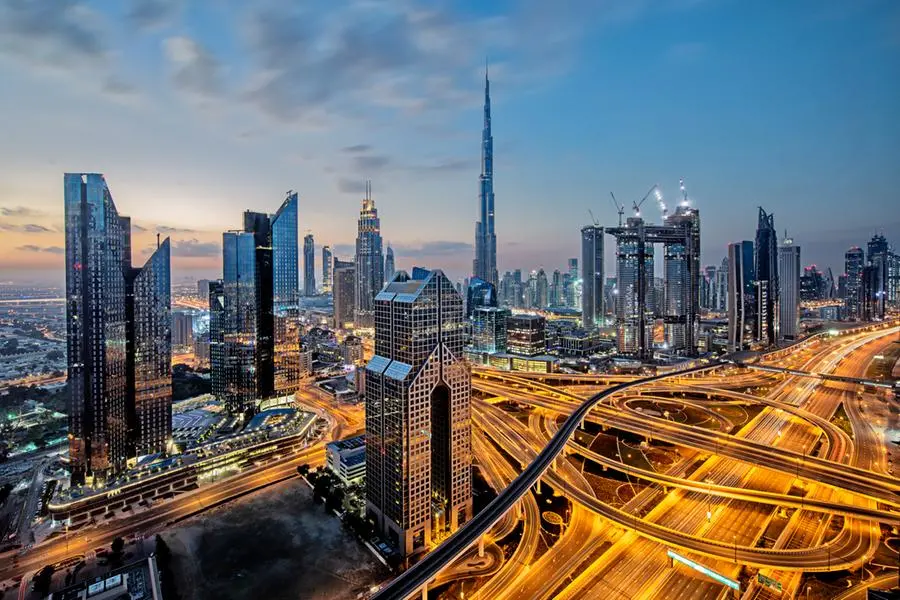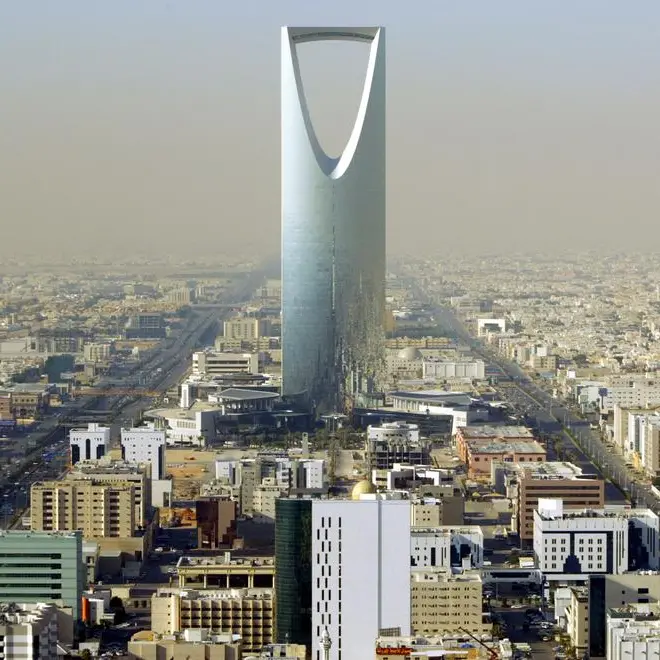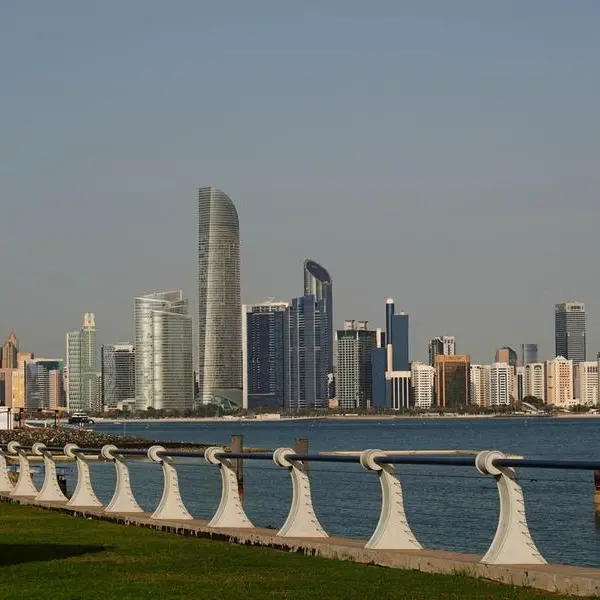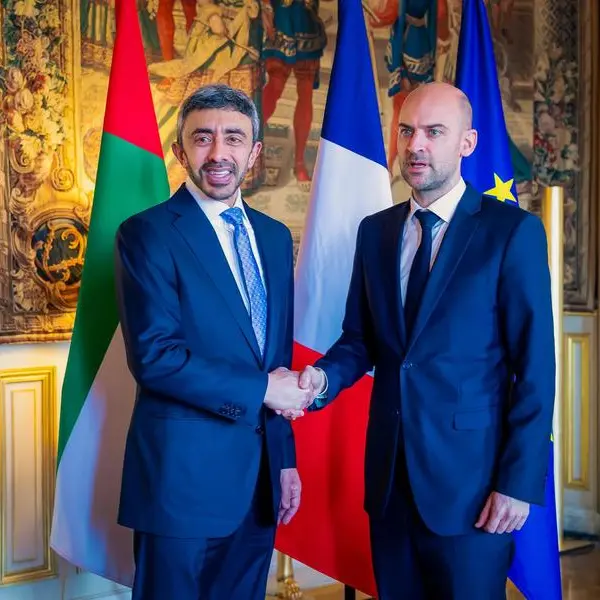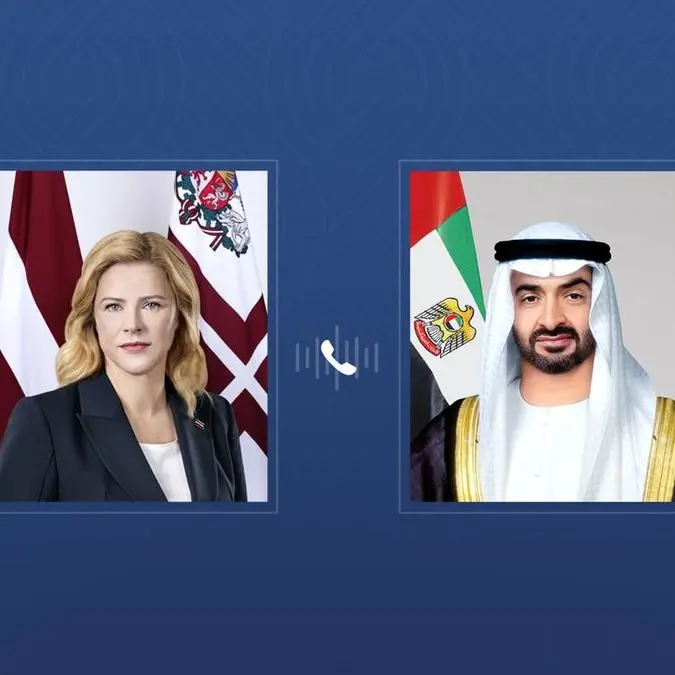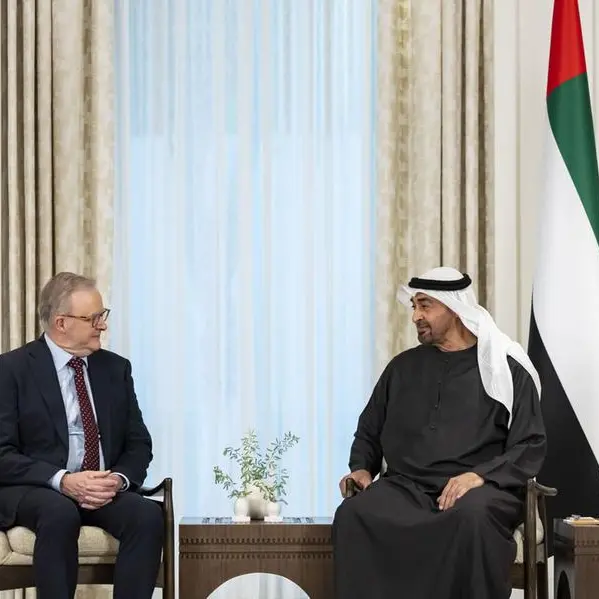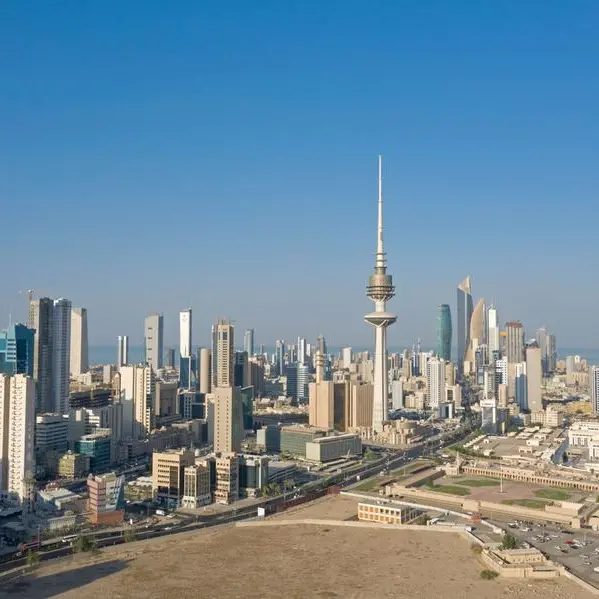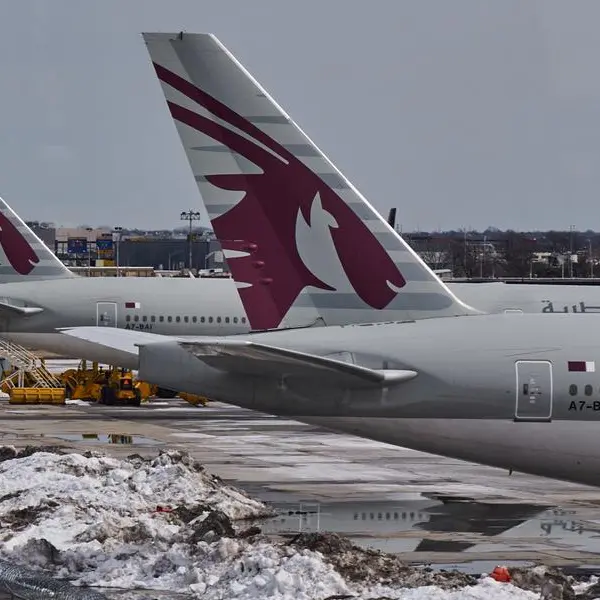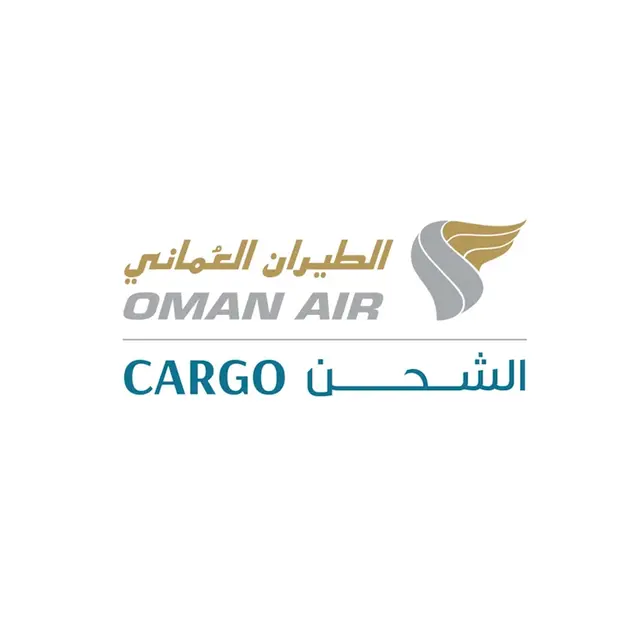PHOTO
Growth in the UAE's non-oil private sector fell to its lowest level in four years in May although demand remained strong, a business survey showed, signalling the impact of the US trade tariffs on the Gulf region's second biggest economy.
The seasonally adjusted S&P Global Purchasing Managers' Index (PMI) slipped to 53.3 last month from 54.0 in April, marking its lowest reading in 44 months.
Although the rate of growth trended down from its recent bullish run, demand conditions remained strong, supporting a marked increase in output.
"From an overall perspective, the survey signals that the UAE economy is performing well, but the softer increases in output and new orders hint at momentum easing,” said David Owen, senior economist at S&P Global Market Intelligence.
"Although businesses continued to welcome strong demand from their clients, there were some reports that competitive pressures and weaker trade amid US tariffs had weighed on growth."
The broadly subdued outlook for activity suggest that firms are gearing up for softer growth, he added.
The survey showed a record decrease in input stocks, as firms looked to streamline holdings amid slowing momentum. This came as growth in backlogs, whilst still marked, dropped to a 16-month low.
However, employment growth was the strongest seen in exactly one year. Respondents often attributed this to elevated workloads, as rising new orders contributed to another sharp increase in backlogs of work.
Firms also reported a modest rise in input costs in May. This marked the slowest rate of inflation in nearly one-and-a-half years.
Looking ahead, optimism eased to its lowest since January, with nearly 10% of companies anticipating an expansion in the year ahead.
Dubai PMI
The Dubai PMI stayed at 52.9 in May, its joint-lowest since the beginning of 2022, but signalled a solid expansion in operating conditions across the non-oil private sector.
(Writing by Brinda Darasha; editing by Seban Scaria)
